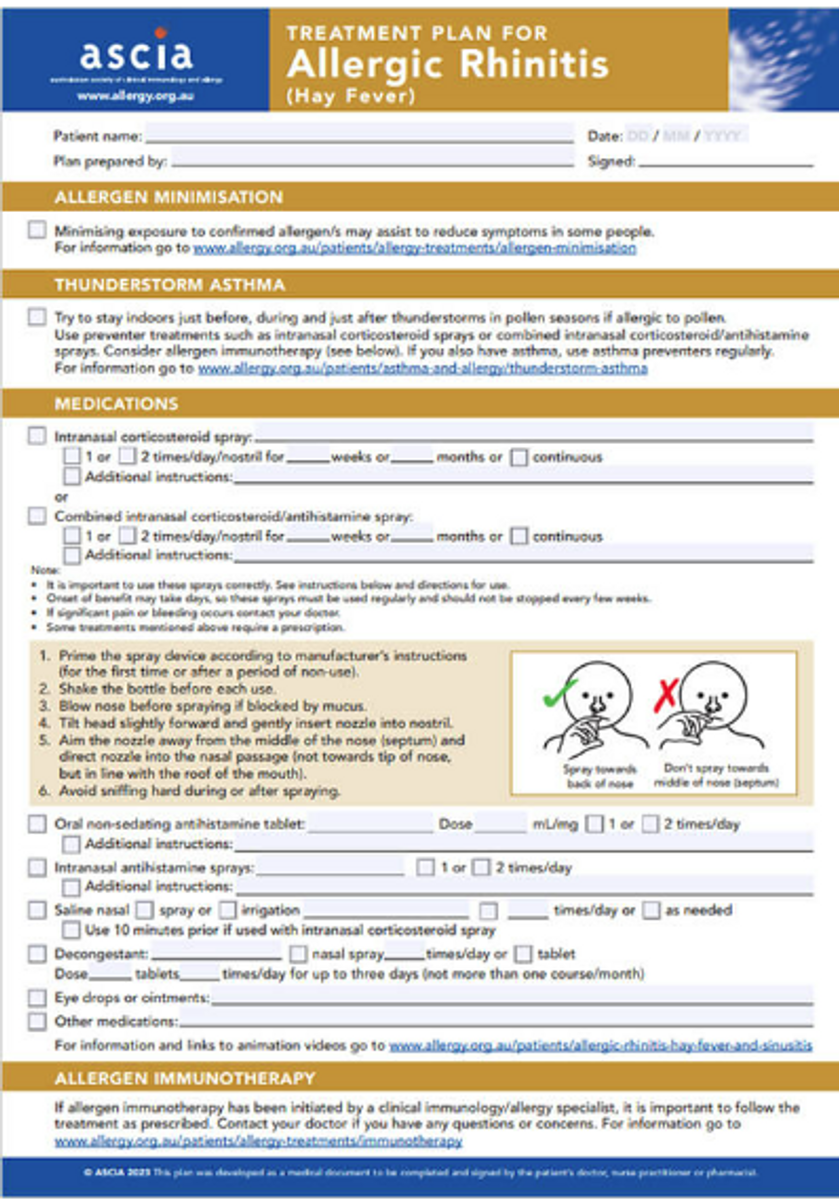School Nurse
Thunderstorm Asthma
Cecile Elliott

School Nurse
Thunderstorm Asthma
Cecile Elliott
We have all noticed that the change in weather pattern has produced hayfever and asthma sufferers concerns over the last few weeks. As the warmer weather develops, and there are windy days, the pollen count is much higher, and so many of us are affected.
Asthma affects about 1 in 9 Australians and can start at any age – even as an adult. It is important to recognise asthma symptoms and see your GP if you experience any of them.


People with asthma may experience one or more of the following common symptoms:
These symptoms mean that a person’s lungs (lower airways) are affected.
Asthma symptoms come and go over time, and you don’t need to have all of these symptoms to be diagnosed with asthma. Not every person experiences the same symptoms. Sometimes people with asthma don’t notice their symptoms, and sometimes they don’t address or manage their symptoms by seeing their GP or using their asthma medication.
People with well-controlled asthma have mild symptoms, less often.
Management of Asthma and Hayfever at School




If your child has asthma or hayfever we ask that you do the following to help us support them when they develop symptoms:
Epidemic thunderstorm asthma forecasts in Victoria are available from 1 October 2023 to 31 December 2023 (the duration of the grass pollen season).
Download the Vic Emergency app from Google Play or the App Store and set up a 'watch zone' for your location to make sure you're notified of the risk of an epidemic thunderstorm asthma event occurring. You can also visit the Vic Emergency thunderstorm asthma webpage for updates and information.
Please do not hesitate to contact me if you have any questions or your child is needing extra support at this time.
Kind regards,
Nurse Cecile